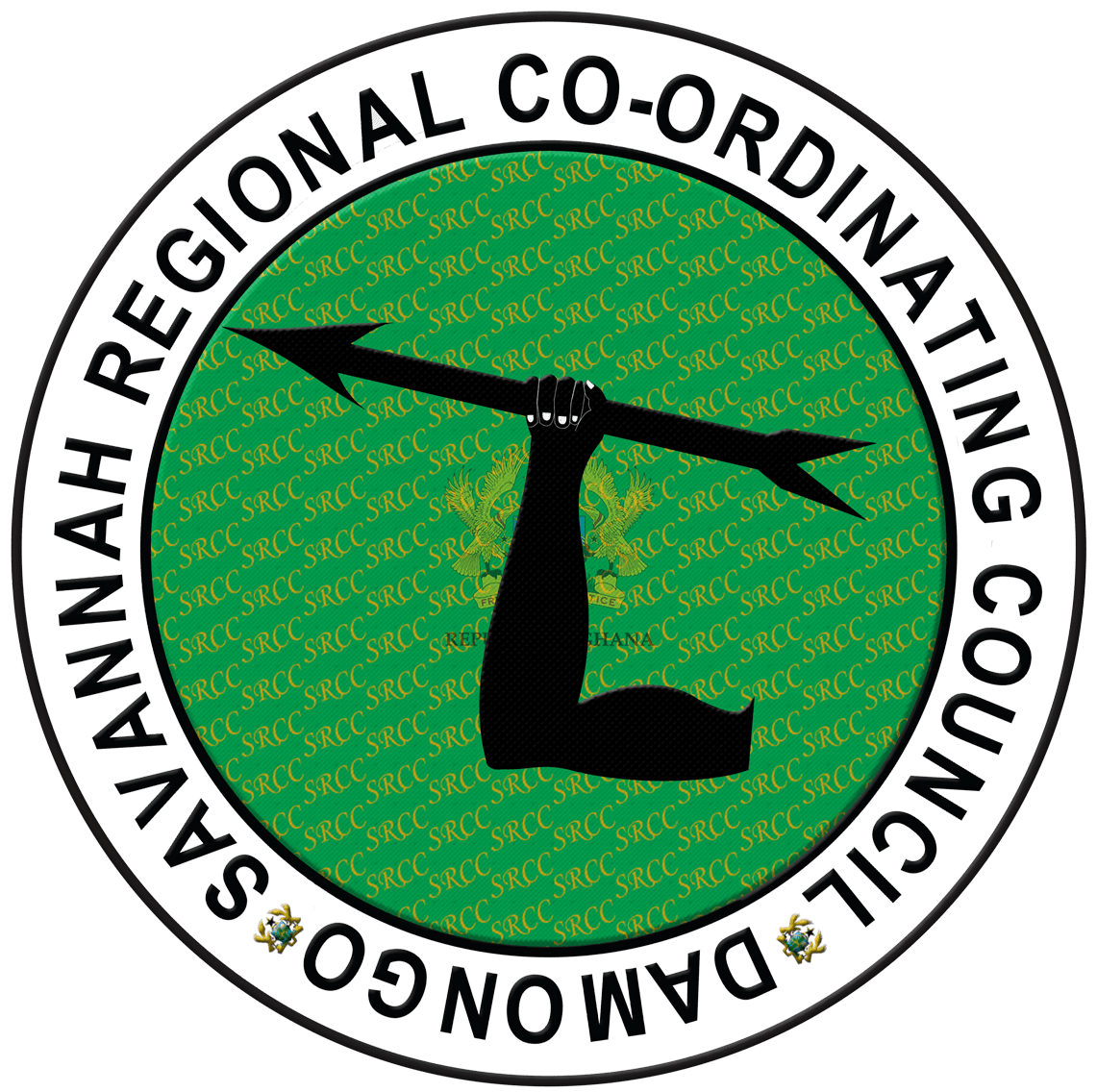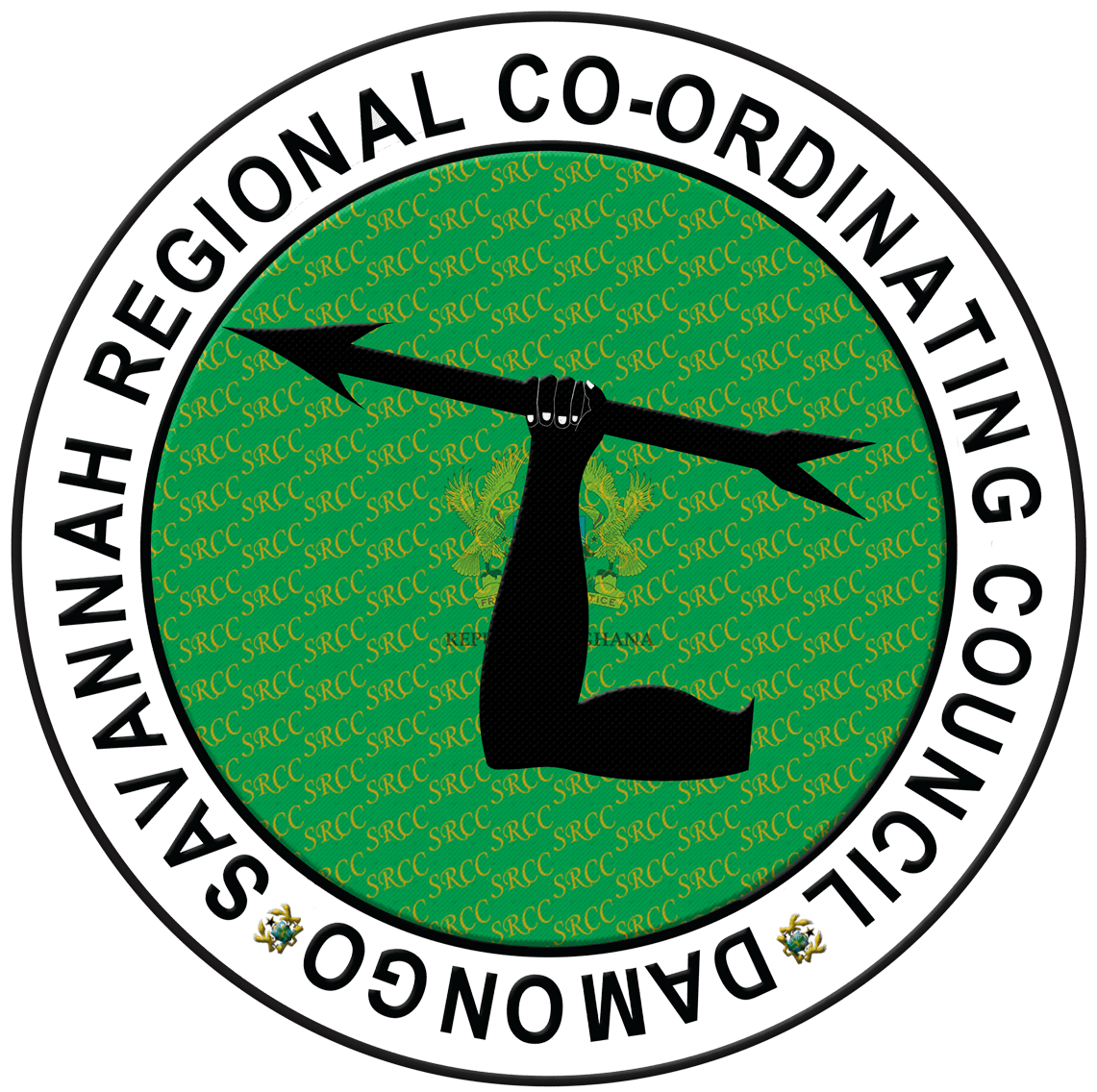The Savannah Regional Health Directorate, in collaboration with its partners, has launched a new malaria prevention campaign to intensify the fight against the persistent disease. This initiative introduces two key interventions: Seasonal Malaria Chemoprevention (SMC) and the Point Mass Distribution (PMD) of Long-Lasting Insecticidal Nets (LLINs).
The campaign was officially unveiled by the Director of Health Services for the Savannah Region, Dr. Josephat Nyuzaghl, during a stakeholders’ engagement meeting held on Wednesday, June 19, 2024, in Damongo.
Dr. Nyuzaghl underscored the continued threat of malaria, especially to children under five and pregnant women. “Malaria remains a significant public health issue, causing considerable morbidity and mortality,” he stated. While acknowledging past successes, such as a reduction in malaria parasite prevalence from 50% in 2002 to 8.6% in 2022, he emphasized that the battle is far from over.
Despite a dramatic 97.5% decrease in malaria-related deaths since 2000, sustained vigilance and intervention are crucial.
Key Interventions and Their Impact
Dr. Nyuzaghl explained that the SMC program will involve administering antimalarial medicines, Sulphadoxine-Pyrimethamine (SP) and Amodiaquine (AQ), during the peak malaria season (June to October). This aims to maintain therapeutic drug levels in the blood to prevent infection. Clinical trials have demonstrated that SMC can prevent 75% of malaria episodes and severe cases, with the potential to significantly reduce childhood mortality.
Simultaneously, the distribution of LLINs is a vital part of the strategy. These nets provide both physical and chemical barriers against mosquitoes, aligning with the World Health Organization’s (WHO) advocacy for universal coverage. The upcoming campaign will combine mass distribution with continuous provision through various channels to ensure high coverage rates.
Recent data highlights progress but also areas for improvement: while 79.4% of households own at least one insecticidal net, usage among children under five and pregnant women stands at 63.5% and 69.4% respectively. Non-use and misuse of nets remain ongoing challenges.
Campaign Rollout and Logistics
The SMC campaign is scheduled from June 18-24, 2024, targeting 137,922 children aged 3-59 months across 1,285 communities. This will be followed by four subsequent cycles of SMC every 28 days.
Households will be registered for mosquito net distribution from July 23-27, 2024, with trained health workers and volunteers facilitating the process.
Dr. Nyuzaghl concluded by urging stakeholders to support and advocate for these interventions, stating, “The successful implementation of these measures will significantly reduce the malaria burden in the Savannah Region.”
National Perspective and Call to Action
Christian Obeng, representing the Program Manager of the National Malaria Elimination Program, stressed the paramount importance of preventative measures in malaria control. He highlighted that prevention is more effective than cure and emphasized the significance of integrating interventions for maximum impact.
Mr. Obeng noted that the national program employs both preventative and curative strategies, but prioritizes prevention to reduce malaria cases. He stated that the current initiative integrates two key community-based interventions, leveraging their synergies to increase efficiency and effectiveness by coordinating these efforts within households simultaneously.
Obeng expressed gratitude for the presence and support of community stakeholders, acknowledging their critical role in the success of such initiatives. He urged attendees to use their influence to support the campaign and ensure its seamless execution. He thanked participants for their dedication and commitment to aiding the national effort to eliminate malaria, emphasizing the collective benefit of a successful campaign.
©padfm.com.gh

































